A routine regular-season game against Qingdao Men's Basketball turned out to be the end of Jiao Boqiao's entire season. With a torn tibial ligament and a torn tibial ligament, accompanied by multiple ligament injuries, the season is over for him. This came as a sudden shock!
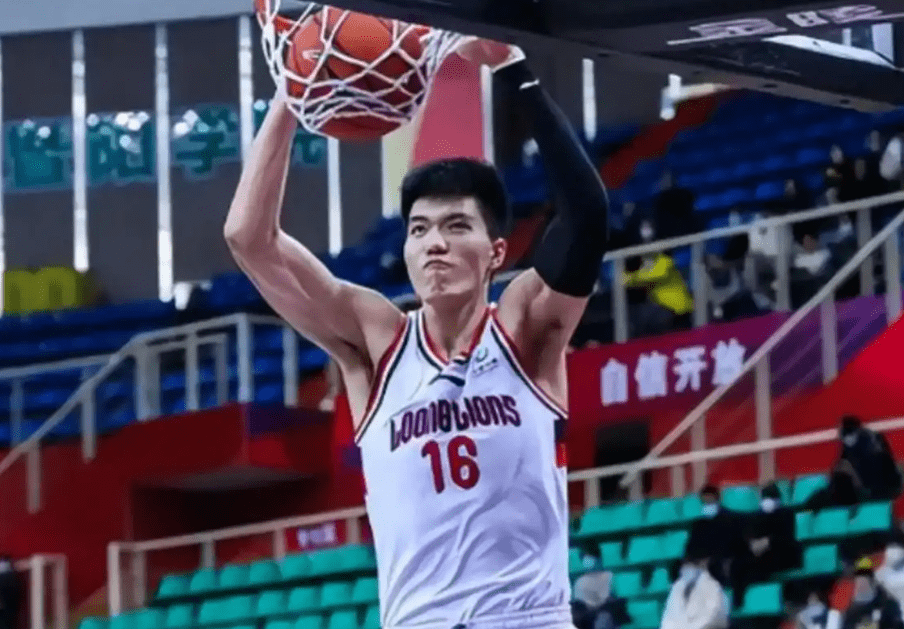
Jiao Boqiao, who was supposed to be the future hope of Guangzhou Men's Basketball, has been put on hold due to injury. The question arises: does Jiao Boqiao's injury only affect his personal career, or does it directly trigger a complete "reconstruction" for Guangzhou Men's Basketball this season?
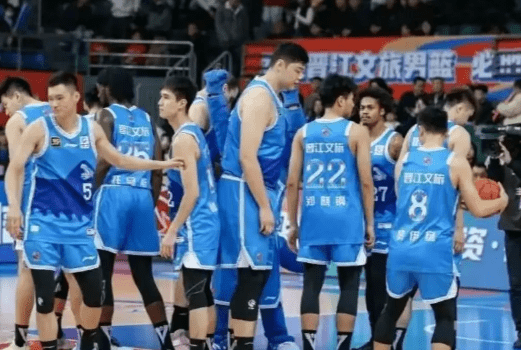
For Guangzhou Men's Basketball, this dramatic injury is like adding insult to injury. Their difficulties are not new. Cui Yongxi announced his intention to challenge the NBA before the start of the season, causing the team to lose an important scorer and prolonging the timeline for Guangzhou Men's Basketball reconstruction. The team continues to face financial pressure, despite having promising young players, but because they cannot retain their core players, they can only rely on recruiting older players to maintain appearances. But as the saying goes, "The heart may stay young, but the legs give out first." For Guangzhou, which urgently needs stable performance improvements, relying on many older players in the short term to endure the pain of rebuilding is clearly treating the symptoms rather than the root cause. Jiao Boqiao's season-ending injury has further plunged the team's performance into the bottom.
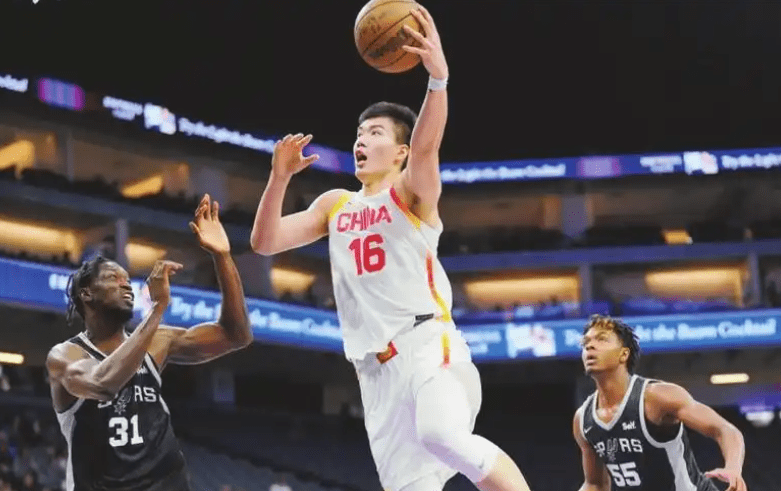
If you are a Guangzhou fan, it is hard not to have high hopes for Jiao Boqiao. As a young player born in 1999, he is tall, has long arms, and comprehensive skills, considered one of the pillars of Guangzhou Men's Basketball's future. But now? Not only is his season over, but the 5 to 8 months of recovery also cast a shadow over his career. According to experts, such multiple ligament injuries may irreversibly affect athletic ability even if successfully recovered. To put it bluntly, he may never reach the competitive state he had before the injury.
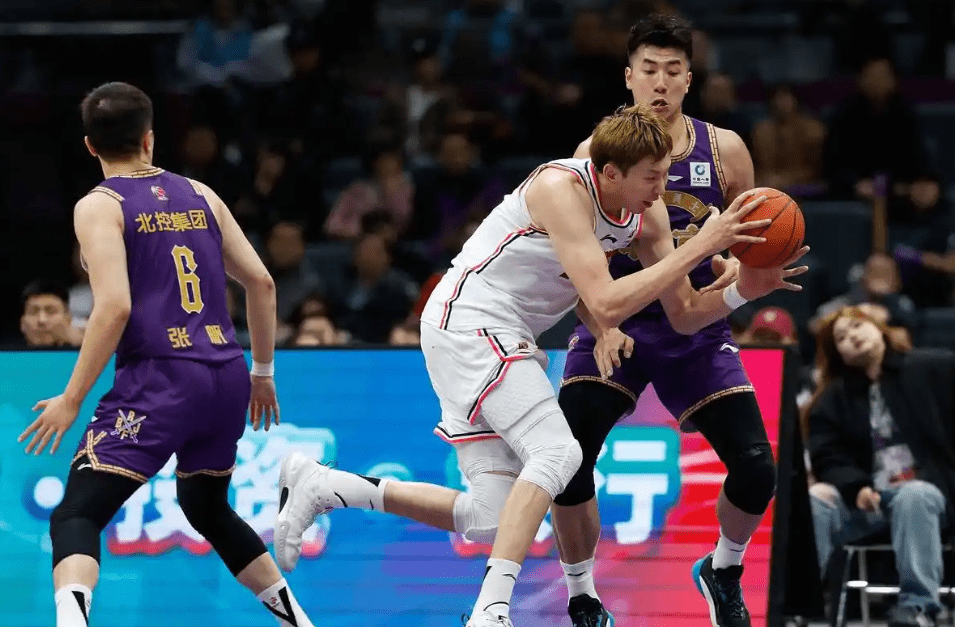
Moreover, Jiao Boqiao's absence has directly disrupted Guangzhou Men's Basketball's tactical system. The team plays fast breaks this season, with his mobility and height supporting the interior defense. Now that one link has failed, the overall offensive and defensive system is like a car stuck in the mud, unable to move.

What's more frustrating is that this is not just about Guangzhou Men's Basketball; it could even affect the competitiveness of China's men's basketball team at next February's Asian Qualifiers.

Jiao Boqiao's injury is not an isolated case. Recently, the entire CBA league has seen a wave of injuries, causing fans to repeatedly ask, "Why are so many people getting injured this year?" Taking this season as an example, almost every team has news of key players being absent due to injuries.
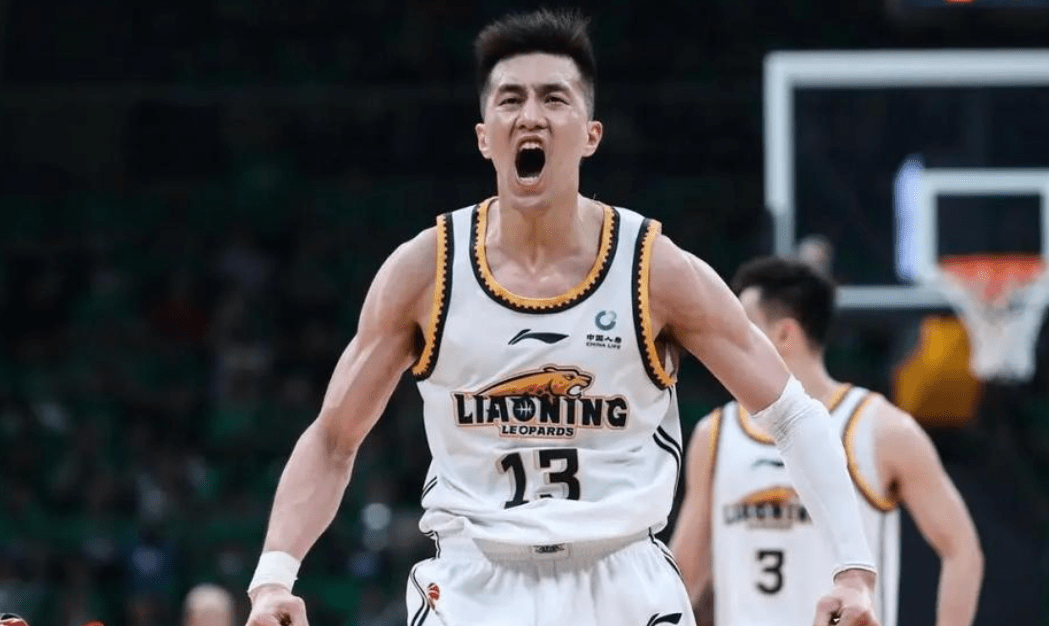
In contrast, intense competition and tight schedules seem to be the real culprits behind the scenes. According to analysis by a sports data agency, the average intensity of competition in the CBA has increased by nearly 15% compared to previous seasons, making it a "tough battle" among top leagues. And the physical burden accumulated from these games ultimately falls on the players themselves.

More importantly, some players may have long-term accumulated injury risks that have not been timely identified. Taking Jiao Boqiao as an example, his injury was not sudden but an accumulative situation.
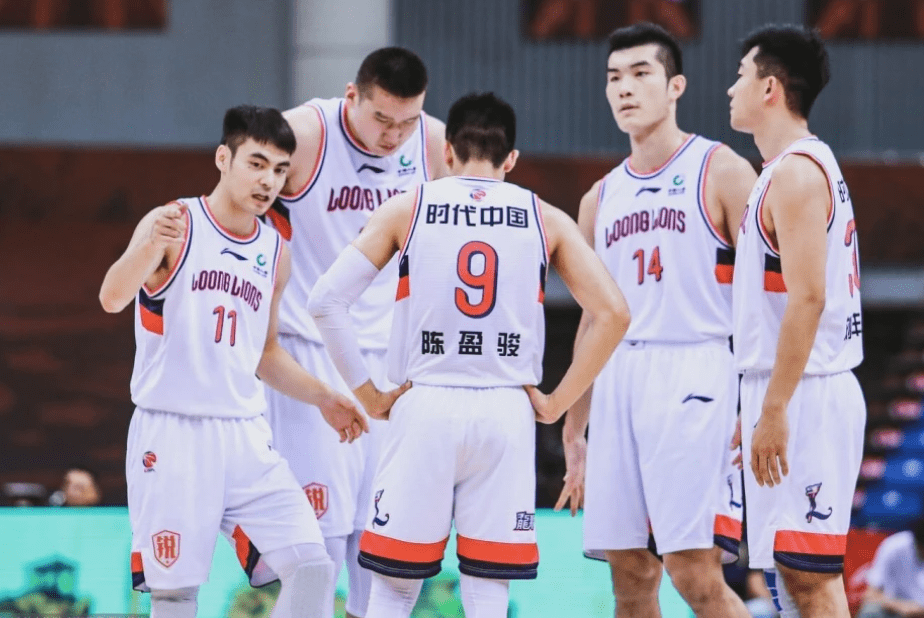
Industry insiders believe that this reflects deficiencies in domestic clubs' player injury management systems, where training intensity, rehabilitation plans, and scheduling arrangements have not been well balanced. If the CBA league system is likened to a bull, then the players are the wheels, and no matter how the vehicle runs, the pressure is always borne by the players.
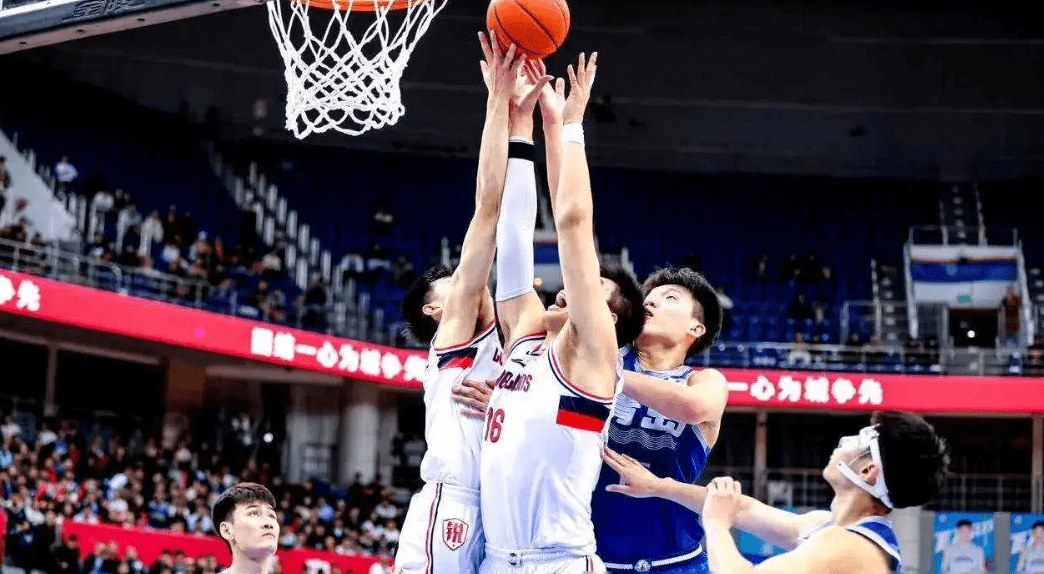
Since we're talking about the injury wave, we must mention two "hopeful returns" in the CBA. Let's start with Guo Ailun. This core guard of Liaoning Team holds a status in the CBA akin to a "evergreen tree" on the basketball court. Despite multiple absences due to injuries, his abilities and influence are undeniable. Recently, there have been reports that Guo Ailun has started to recover from contact training and will soon return to the court.
Undoubtedly, this will be a shot in the arm for Guangzhou Men's Basketball, as his experience can indeed bring short-term stability. However, problems arise: Guo Ailun is no longer the young man who could freely attack the basket. How successful will his comeback be?
Then there's Ding Yanhang, once known as an "MVP-level player," who in recent years has almost become synonymous with a "glass man." His comeback plan is currently a topic of "hope but uncertainty," with fans' expectations lowered from hoping he could score high to simply wishing he wouldn't get injured again. To some extent, their comeback situations reflect the chronic problem in the CBA of over-reliance on players: without fresh blood, they can only watch old veterans struggle, a situation that is ultimately helpless, disjointed, and a reality within the circle.
Jiao Boqiao's injury has a direct impact on the national team. We all know that next February will see an important event affecting China's men's basketball international ranking - the Asian Qualifiers. The men's basketball coaching staff has always hoped to use more new faces in the game, and Jiao Boqiao is one of the players they have high hopes for. Jiao Boqiao's injury directly narrows the space for the national team to select players.
This is not just about a single player but exposes a series of contradictions that have long existed in Chinese basketball. From the youth training system to domestic leagues and national teams, many players' development paths are full of breakpoints. Potential stars like Jiao Boqiao often fail to create more surprises before being "brought back to reality" by injuries. This not only saddens the players themselves but also makes fans anxious about the future development of Chinese basketball.
Looking at it positively, Jiao Boqiao's injury might become an opportunity to push Guangzhou Men's Basketball to change. In the long-term plan, they need to invest more energy in youth training and team rejuvenation instead of always relying on older players to survive. For the entire CBA, the league management also needs to seriously address the health issues caused by intense competition. Adjusting schedules, strengthening medical support, and optimizing player training loads are not trivial matters.
But ultimately, the core of professional sports remains the players. Teams need to rebuild, and leagues need to develop, but the premise is not to let those potential players with bright futures fall victim to injuries brought about by high-intensity competition.
Jiao Boqiao is not just a basketball player; he represents the hope of an entire new generation of Chinese men's basketball.